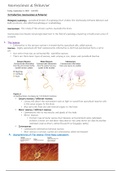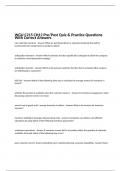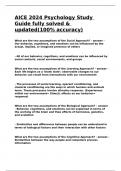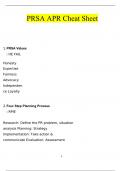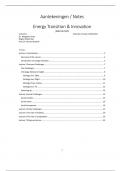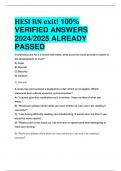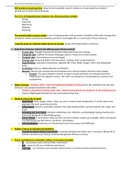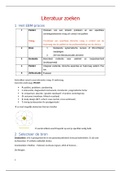Class notes
Notes of the first four lectures of the course Ethics in Care and Education
- Course
- Institution
- Book
This document contains notes of the first four lectures of the course Ethics in Care and Education which is given in the master Orthopedagogiek and the master Ethics of Education.
[Show more]





